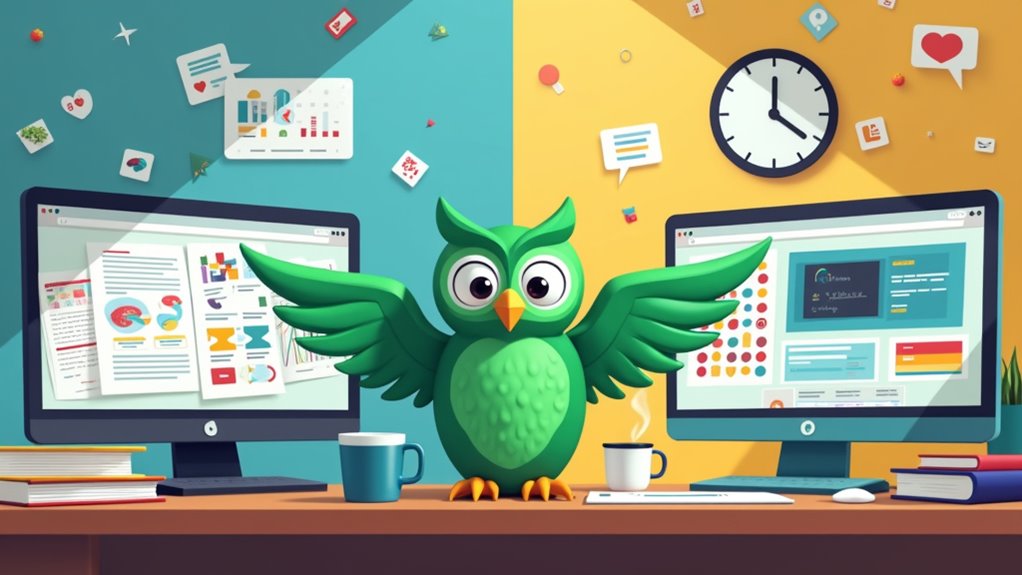Israel’s AI adoption story is proving less dramatic than the robot-takeover headlines suggested. With 28% of businesses now using AI daily and 32% of workers collaborating with these digital colleagues, the predicted job apocalypse has morphed into something more like workplace evolution. Sure, the Bank of Israel warns 20% of roles could face replacement, but 30-50% of workers are actually benefiting from AI partnerships. The high-tech sector may have shed 5,000 jobs since 2022, yet AI-specific hiring doubled in early 2025, with salaries hitting ₪43,085 monthly. Rather than the feared mass unemployment, Israel’s experiencing what experts call “selective renovation” – AI handling routine tasks while humans focus on higher-value work. The real story reveals how adaptation trumps automation fears.
While Israelis were busy perfecting their hummus recipes and debating politics, artificial intelligence quietly snuck into nearly a third of the country’s workplaces—and it’s not just organizing spreadsheets anymore.
The numbers tell a surprisingly *balanced* story. Sure, 28% of Israeli businesses now use AI in their daily operations, and 32% of employees work alongside these digital colleagues. But before you start polishing your resume in panic, here’s the twist: this technological revolution might be less apocalyptic than your LinkedIn feed suggests.
The replacement narrative isn’t the whole picture. While the Bank of Israel forecasts that 20% of employees could be replaced by AI, a much larger chunk—30 to 50%—will actually *benefit* from working with AI rather than being booted by it. Think of it as getting a really efficient intern who never needs coffee breaks.
The AI exposure rate jumped five percentage points between 2023 and 2024, hitting hardest in sectors already comfortable with rapid change: high-tech and finance. These industries were basically AI’s early adopters, like people who bought the first iPhone despite its terrible camera. Israel’s AI adoption rate mirrors Denmark, the leading EU country, and stands at double the European Union average.
—
Here’s where it gets interesting: Israel’s high-tech sector, which accounts for 20% of GDP and over half of exports, actually saw employment *stagnate* since 2022. Employment dropped by 5,000 workers, yet the sector maintained its 11.5% share of national employment. This suggests AI isn’t just replacing jobs—it’s making existing ones more efficient. The divide is stark when examining gender patterns, as female workers show significantly higher exposure levels to AI compared to their male counterparts.
- AI-specific hiring doubled in early 2025
- Average monthly pay in AI companies hit ₪43,085 (~$11,500)
- Compensation for Python, C++, and algorithm specialists rose 4-6%
The reality? AI is creating a two-tier system. Higher-skilled, adaptable workers are seeing wage increases and job satisfaction improvements. Meanwhile, routine and technical tasks face automation—but this frees workers for higher-value activities. The global AI revolution is expected to generate massive revenue of approximately $15.7 trillion by 2030.
*Bottom line:* AI isn’t the job-eating monster we feared. It’s more like a selective renovator, upgrading some roles while phasing out others. The key is staying adaptable in a market that’s rewriting itself faster than a Wikipedia article during breaking news.









